If you’ve ever played Stardew Valley, then the basic processes behind Lazy Bear’s new game, Graveyard Keeper, should be more than familiar. The only difference is that between growing crops, mining ore, and fighting vicious green goo, you’re maintaining a graveyard and burying bodies — lots of bodies.
In Graveyard Keeper, you are what the title suggests, and your main mission is to keep the local cemetery looking nice. However, as simple as it sounds on the surface, graveyard maintenance is actually a pretty complicated job that requires completing several tasks, building new technologies, and bringing in funds from visiting townsfolk. Before any of that, though, your main mission as a beginner is to collect points to get new technologies that will help you reopen the church, and that means you’re going to need materials.
Getting Materials and Learning New Technologies
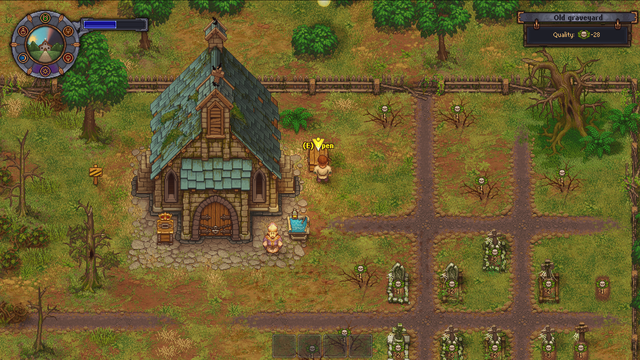
Almost everything in Graveyard Keeper can be broken down to farm different materials: trees, shrubs, rocks, even the wooden barrels in your cellar. Each item will also require a different tool to remove. For example, you can cut down a tree with the axe, but to remove the stump, you will have to use your shovel. In using tools, you’ll not only be expending your own energy (you have around 100 Energy), you’ll also be adding to the degradation of each tool, which means you’ll find them breaking later on (fortunately, you can get a whetstone from the local blacksmith and repair them at your home). When you first start, you might also notice that some of the items scattered about the world have little locks when you go to break them down. This usually means you haven’t hit a certain point in the game to start farming them, or that you haven’t completed a required task that makes them available.
When you break down different items in the game, you will also notice different colored points that look like coins: red, green, and blue.
Red Points represent your handcrafting skills and ability to work with materials. You can get red points when you use any of the work benches you build to craft items like wood crosses or gravestones. You can also get Red Points for mining ore and breaking down rocks.
Green Points represent your knowledge about the nature of things and nature itself. You can get these points through digging up dead shrubs, planting crops, etc. These are some of the easiest points to get when you first start out.
Blue Points represent your spiritual knowledge of the immaterial world — so anything you “research” or “study” in-game should get you Blue Points. However, you probably won’t be able to get these points until AFTER you open the church. The Bishop will grant you the ability to farm sand and clay, which will allow you to create glass to get Blue Points. Also, if you have the ability to craft paper from human skin (this is done through the blueprint board in the church) or buy books from the Astrologist to study, these will get you Blue Points, too. If you’re still struggling, though, bring bat wings or body parts to your work bench to study for some quick points.

These points are what you will use to upgrade certain “technologies,” which are kind of like your skills. The types of technology are broken down into six categories:
- Anatomy and Alchemy
-
Theology
-
Book Writing
-
Farming and Nature
-
Smithing
-
Building
There are no specific rules for which technologies you have to pick up first, but keep in mind that certain ones are necessary for task completion — like cleaning up your graveyard. As a beginner, focusing on Building, especially with wood, and Theology to build crosses and fences for your graveyard is likely to do the most for you with early tasks.
Taking Care of Bodies
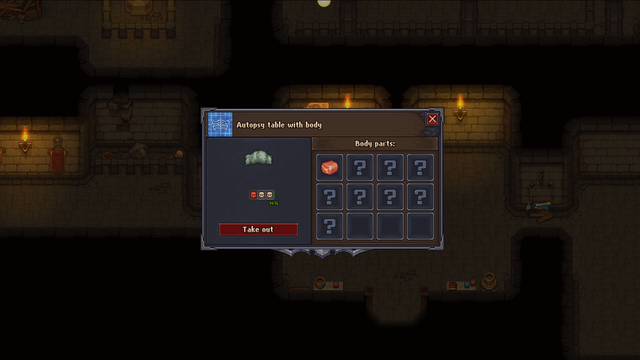
Outside of the local plant life, you also have the ability to break down bodies. From cutting out chunks of meat to removing skin and bones, you will be able to autopsy each of the bodies left outside of your morgue. While the meat is important, as you can eventually sell it to the tavern, most of the other items you can extract are only good for one-off tasks in the beginning, so don’t worry about harvesting everything each time at the beginning of the game.
Another important thing to remember is that each of the bodies has a time limit. The local donkey brings new bodies every time you bury or get rid of an old one, and he usually comes at sundown. The earlier you pick up a body — say, between 100%-90% — the better it is for anything you harvest from that body. The state of the body is also vital for keeping your graveyard nice because as a body decays, it starts to lose its rating. These ratings affect the overall rating of your graveyard. For example, if a body is really decayed, it might be impossible to get the grave past 0. It’s all dependent on the number of skulls you see when handling the body and working on the gravesite.
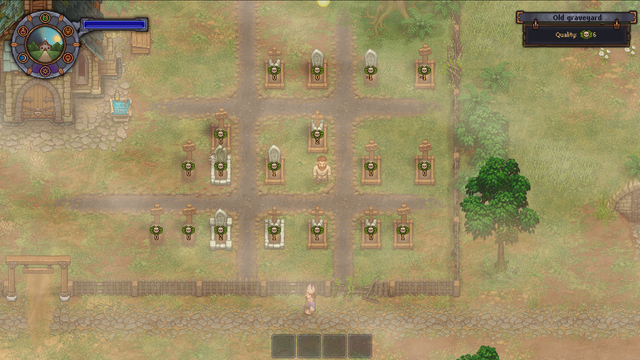
Here’s a simple breakdown of what to look for:
White Skulls: These are the basic symbol for corpse quality, and the more of them you see, the better. When you look at a grave, you should see a bar with a number of white skulls. The number of skulls represents the quality level that grave can get to. For example, if you have a grave with a single white skull, that grave can only get to a +1 in quality, whereas a grave with 5 White Skulls will be able to get to a +5.
Red Skulls: These skulls represent corrupted or bad skulls. For each Red Skull in your grave, there is a -1 rating. This means that if you have a grave with 2 Red Skulls, it will have a -2 rating. In addition, Red Skulls are counted before any White Skulls, so regardless of how many White Skulls you have, or how you’ve fixed up a grade, it will still get the deduction of any Red Skulls.
Green Skulls: These skulls represent corpse degradation. They’re basically the same as Red Skulls and can’t really be fixed.
Fortunately, there are some easy workarounds to delay corpse decay or get rid of really decayed/negative-rated bodies:
(1) Place a body in a grave without burying it. This stops corpse decay indefinitely until you decide to bury the body completely. It’s also a great way to stall the donkey from bringing you new bodies.
(2) Build pallets in the morgue to leave bodies on. Putting bodies on pallets also stops corpse decay and buys you some time.
(3) Throw the body in the river. If you’ve forgotten about a corpse too long and it’s decayed beyond hope, you can throw the body in the river to get rid of it. This will spare you tanking your graveyard rating.
Don’t worry too much, though; you can usually get through a day or one sleep cycle before a body decays beyond hope.
So now that you know what to look for with each body, it’s time to look at how to bury them.
Fixing Up the Graveyard
Your very first task in Graveyard Keeper is from the Bishop, who requests that you fix up the local cemetery. This means fixing or replacing most of the gravestones and fences around the graves. It also means making sure any new bodies you put into the graveyard aren’t too decayed and that each grave has its own decorations.
In the beginning, you’ll be given some Wood Repair Kits as well as some Stone Repair Kits, but they likely won’t be enough to fix every grave and get a +5 rating. This is where building new technologies and crafting items comes in.
To fix up the graveyard, you need to have the Wood Workbench and Stone Cutter, which will allow you to craft new repair kits. You can build both of these crafting stations by accessing the blueprint bench to the left of your house. Once you have these built, you will also want to pick up the Saw and Wood Processing technologies from the Building category, as well as the technology to create Wood Crosses and Fences from the Theology category.
While you should be able to unlock the ability to craft stone gravestones, you likely won’t be able to create Stone Repair Kits until after the church is opened. So just focus on working with wood. Also, if you run out of nails, buy them directly from the Blacksmith — you’re going to need a bunch!
Once you are able to regularly craft repair kits, wood crosses, and wood fences, getting your graveyard to a +5 rating or above should be a cinch! But just in case you need a little more help, here are some extra tips to keep in mind.
- When getting tasks, pay attention to the day symbol! Certain quest givers are only in some areas for a limited time.
- If you need extra money, you can farm as soon as you get the certificate/deed from the bartender at the tavern. Just buy some seeds from the farmer located south of the Wheat Fields.
- Bodies will lose 1% every 30 seconds, and once they drop below 90%, they will start accumulating negative effects.
—
That wraps up this Graveyard Keeper guide, but be sure to stick with GameSkinny for more helpful guides like this!

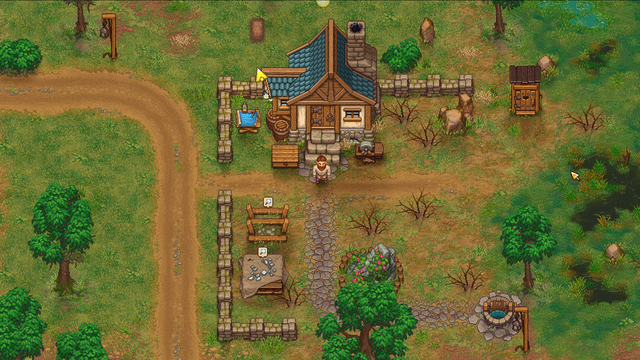

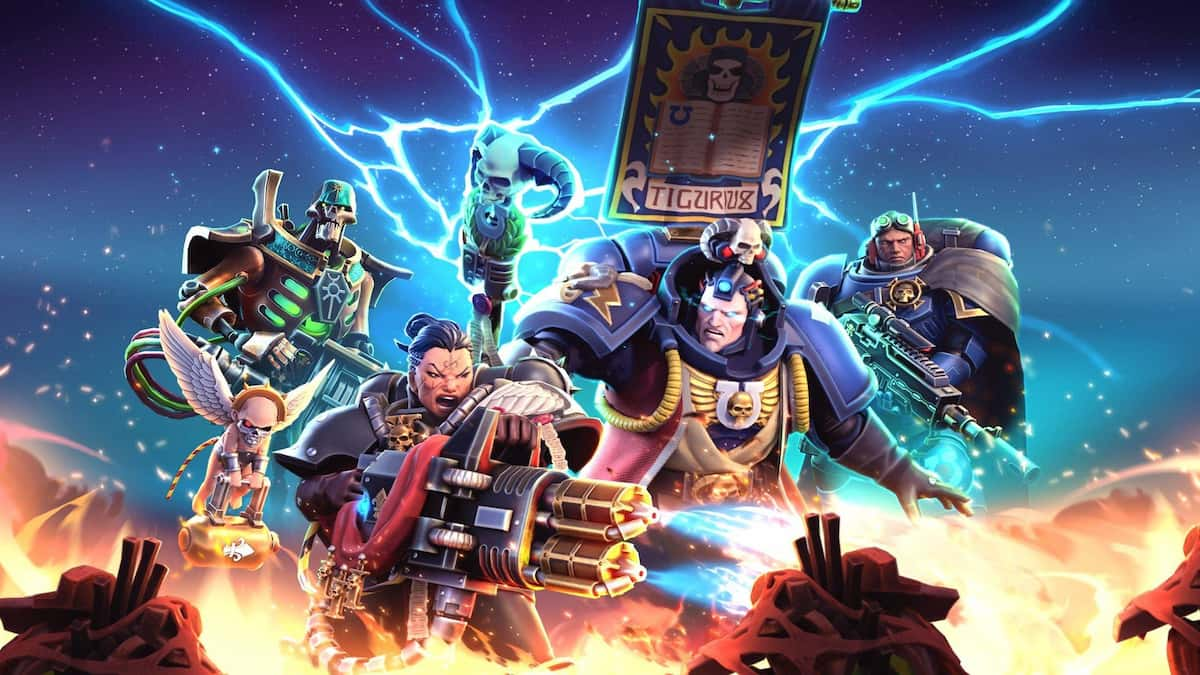

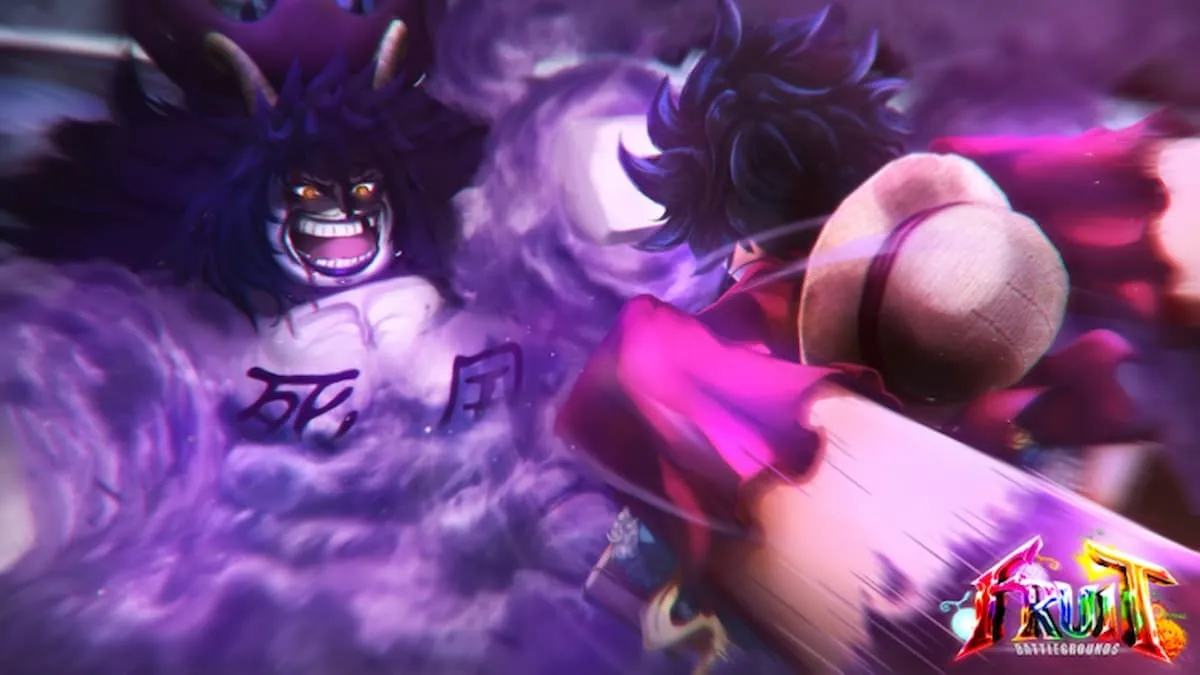
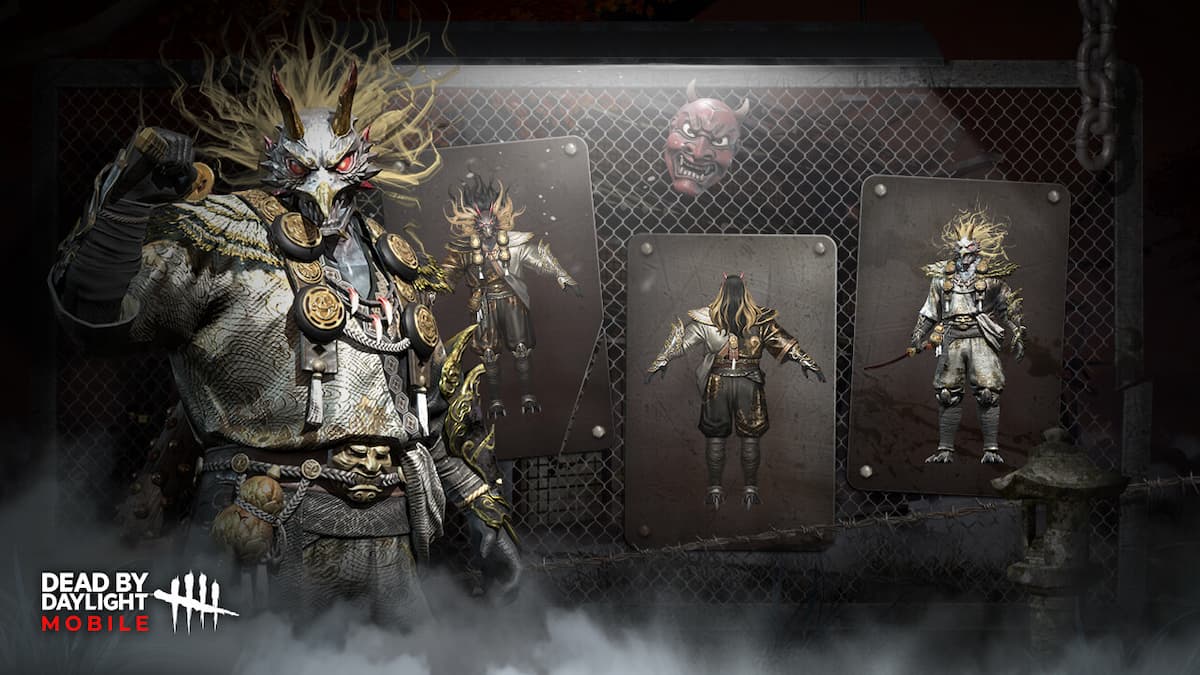

Published: Jun 5, 2018 06:20 pm